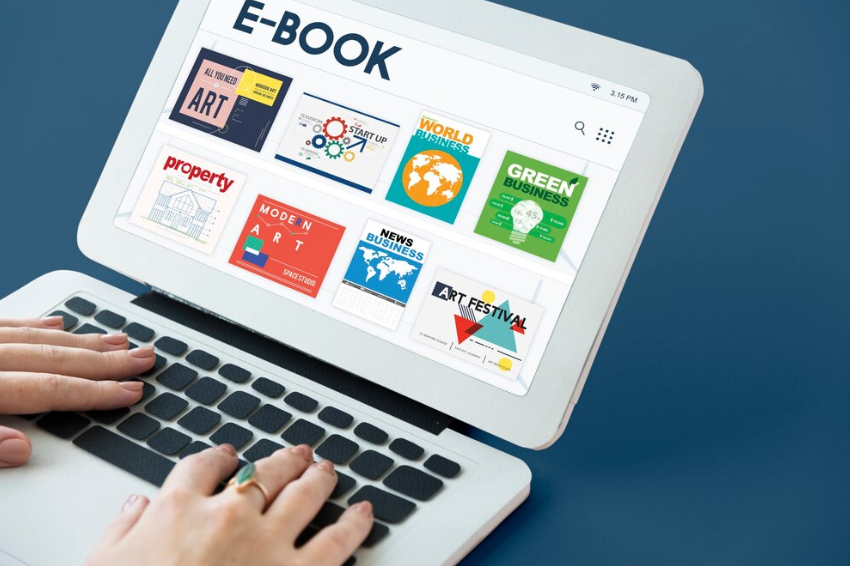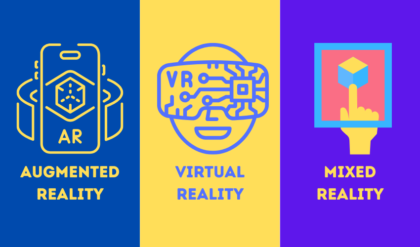Introducing the Power of E-Books
With the advancement in technology and development of reading gadgets, the creation of e-books has become a revolution. It is not only has transformed the way we read literature but also has opened the industry for the groups marginalized for a long time. This article goes further to discuss on how e-books have opened doors to almost every promising writer and making the world literary forum available to several talented individuals unlike before.

The Evolution of the Publishing Industry
Traditionally, only people who wanted to write about their personal experiences had a good chance of getting published, provided they wrote works that fit the needs of traditional publishers. This is an industry that originated with gatekeepers who viewed literature as biased towards what was primarily ‘marketable’ and ignored works from underrepresented groups. They controlled what was considered worthy of funding and, as a result, what kind of literature was produced.
However, due to publication in the digital mode, it has been gradually changing this trend. The hitches like arranging for a literary agent, or persuading a publisher that a particular manuscript has the potential in the market have been brought down to a considerable level. These challenges have been eliminated by the e-books since self-publishing has been made available to the authors to bring out a massive writing influx from various factions that would initially not be gain access to the mainstream market.
Accessibility and Inclusivity
Another value of e-books is convenience, as they can be accessed without any problem. As for the readers and the writers, e-books have pulled open the closed shutters that could not be budged before. This is particularly attributable to the innovation in technology of e-readers and tablets that has enabled a person to hold a world of books in his/her palm so that everyone possesses a book, regardless of his/her status in terms of geography or economy.
Thus, the given area of study permits an investigation of a specific population that benefits from the viable pathway of self-publishing through e-books. Writers can rely on online services, i.e. like Kindle Direct Publishing by Amazon, Smashwords, and Apple books to dictate them. This change has led to the production of books regardless of their commercial feasibility which are meaningful to pockets of society or cultures that are ignored by the traditional major publishing companies.
Also, it has made it easier for translated content to become available to people throughout the world, thus increasing the variety of the content offered. Since the publishers of the digital platforms have fewer limitations as compared to the publishers of the printed works, works written in various languages can now reached the international readers and expand the horizons of the culture of the readers all over the world.
The Role of Technology
The emergence of improved technologies in e-books has significantly helped in expanding more breath of the diversity of literature. Through the use of AI and data analytic, one can get recommendations which enables one get to read authors and books that one would not have known about through recommendations. In addition, it makes it possible for research and exploration to find more stories, many of which would otherwise go untold, even though they exist.
As such, the availability of the edited books also promoted by the advancement of the digital tools in the form of affording for editing and publishing. It has provided authors with means to polish their manuscripts, share and consult with individuals from other parts of the world, as well as disseminate information without incurring huge costs that come with print publishing. They consist of tools for exposing literacy, which makes more authors bring their stories to life regardless of their color.
Diverse Genres and Themes
Social culture has brought more variety in the forms of e-books as well as the issues of people in diverse culture, gender, sexual orientation and disability. Genres that for years have been marginalized in traditional publishing like science fiction with main characters of color, gay and lesbian experiences, books about black lives, about people of color, etc., now have a place on the internet.
For instance, subjects such as Afrofuturism as a genre has expanded as authors like N.K. Jemisin and Nnedi Okorafor using African cultures and world elements as basis to science fiction and fantasy genres. Likewise, Indigenous culture and history books are being sold on e-books and this makes way for a change from a colonized book industry.
Empowering Marginalized Communities
Digital literature has also bestowed an opportunity to write about one’s experience from the social periphery by authors themselves. This has ensured that there is representation of the minority in the society through the dominant discourses that surface and counter those that undermine the indigenous peoples. They can address the readers using the social media platforms and other interactive online tools and develop c online societies and fora distinct from the printed page.
This direct connection has been especially beneficial for the authors belonging to the marginalized groups, whose works were mostly omitted by the traditional literature. In this regard, self-publishing and having a readership of students from a diverse background have been beneficial to these authors in developing a readership base that is culturally sensitive to their experience.
Challenges and Considerations
Thus, despite the advances made by Amazon, the world of home-based e-books also has its drawbacks. This results in the overshadowing of individual writers, on the one hand, while on the other hand, have some subjects such as e-books are restricted by digital divide, which hampers access to the tool, namely the internet connection and electronic devices.
However, one disadvantage of self-publishing is the financial model of operation because it might be difficult for an author to market the book since they lack the skills or capital to do so. The traditional publishers thus are influential in the book selling outlets, media, and book awards which are also restricted for self-published books.
However, the advantages of using e-books in opening up voices of marginalized communities cannot be ignored. With the emerging technology and the growth in the use of computers and internet the role of e-books as part of the product variety is equally enormous.
The Future of Diverse Voices in Literature
As for the further perspective, the developments of e-books and their advocacy are rather positive. With an increase in consumers’ consideration to use devices’, it will become easier and more exciting to read different stories in the future. Compelling new forms of narratives, which include the elements of animations, games, and e-readings and narratives with various stimuli such as multimedia, augmented reality, and virtual reality are expected to open even more potentials in how the stories can be conveyed.
Furthermore, it is quite clear that as the society increases the demand and employs diverse representation in all their operations then the publishing industry will continue to follow this trend and trend towards the growth in diversity representation. To ensure continuation of such trend, funding organizations, mentorship programs, and collaborations with mainstream publishing companies will go a long way in enhancing the success of the underrepresented writers.
Conclusion
The emancipation of books in the form of e-books have brought a shift in the market and given a chance for new personalities to come up. Hence, e-books have somehow given a voice to the oppressed writers, who have come forward to share their narrative in an otherwise homogeneous world, which it has otherwise denied them.
At the same time, the trend of expanding the number of e-books is a great chance for expanding the presence of various types of voices and stories. In other words, through this shift to the digital world, the literary future of the world can be written by minority and ensure that literature of the future embrace diversity of the society.





